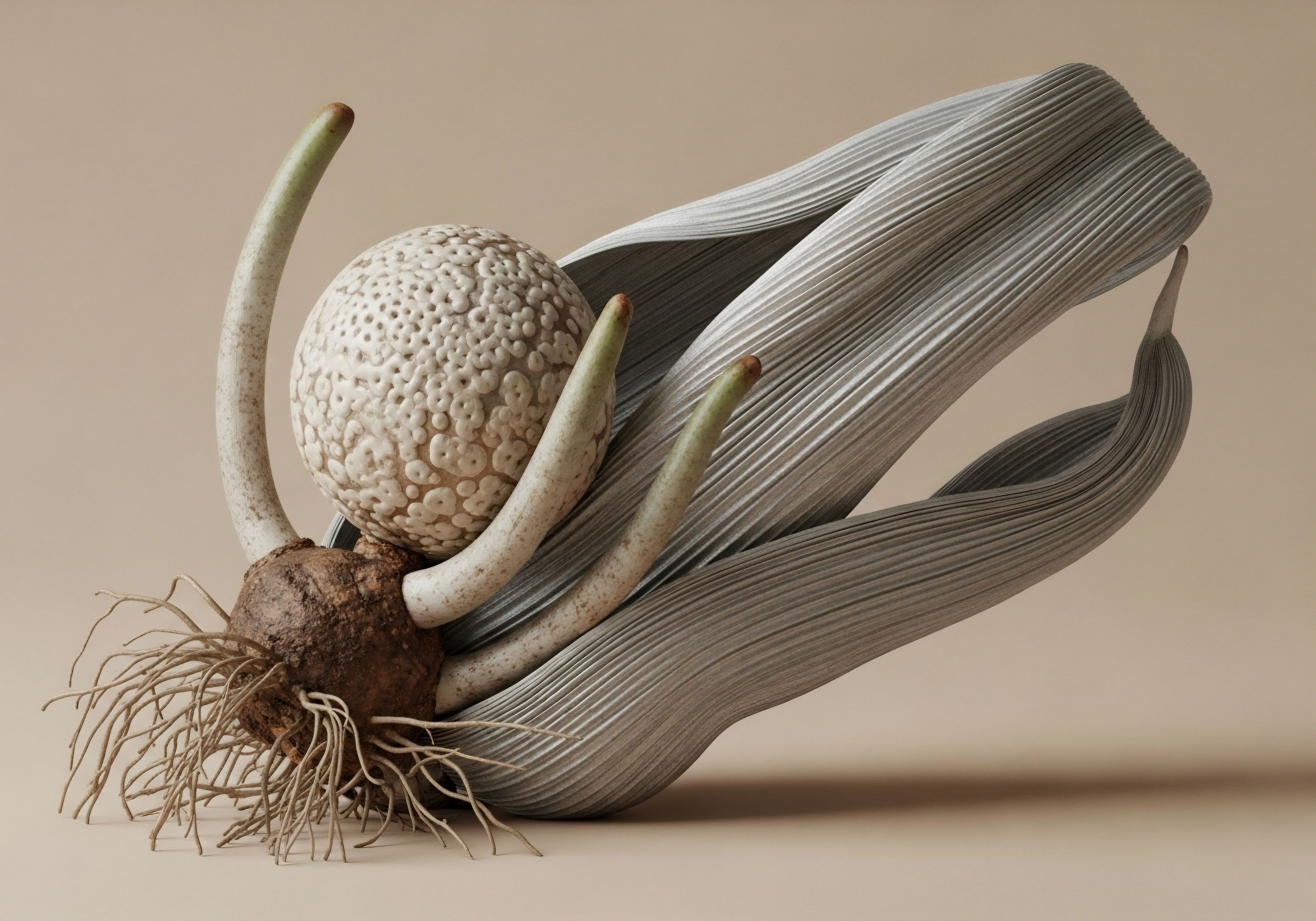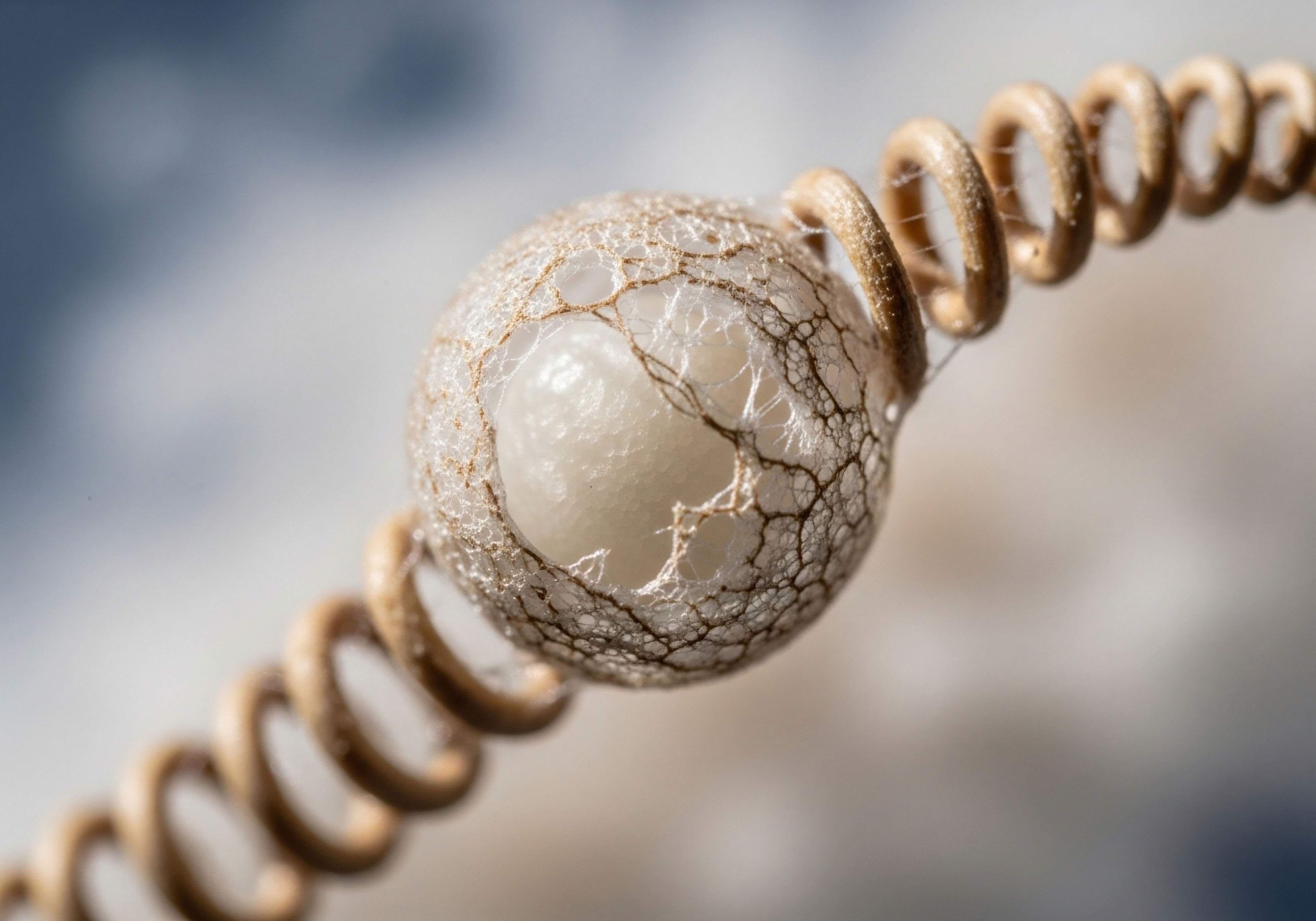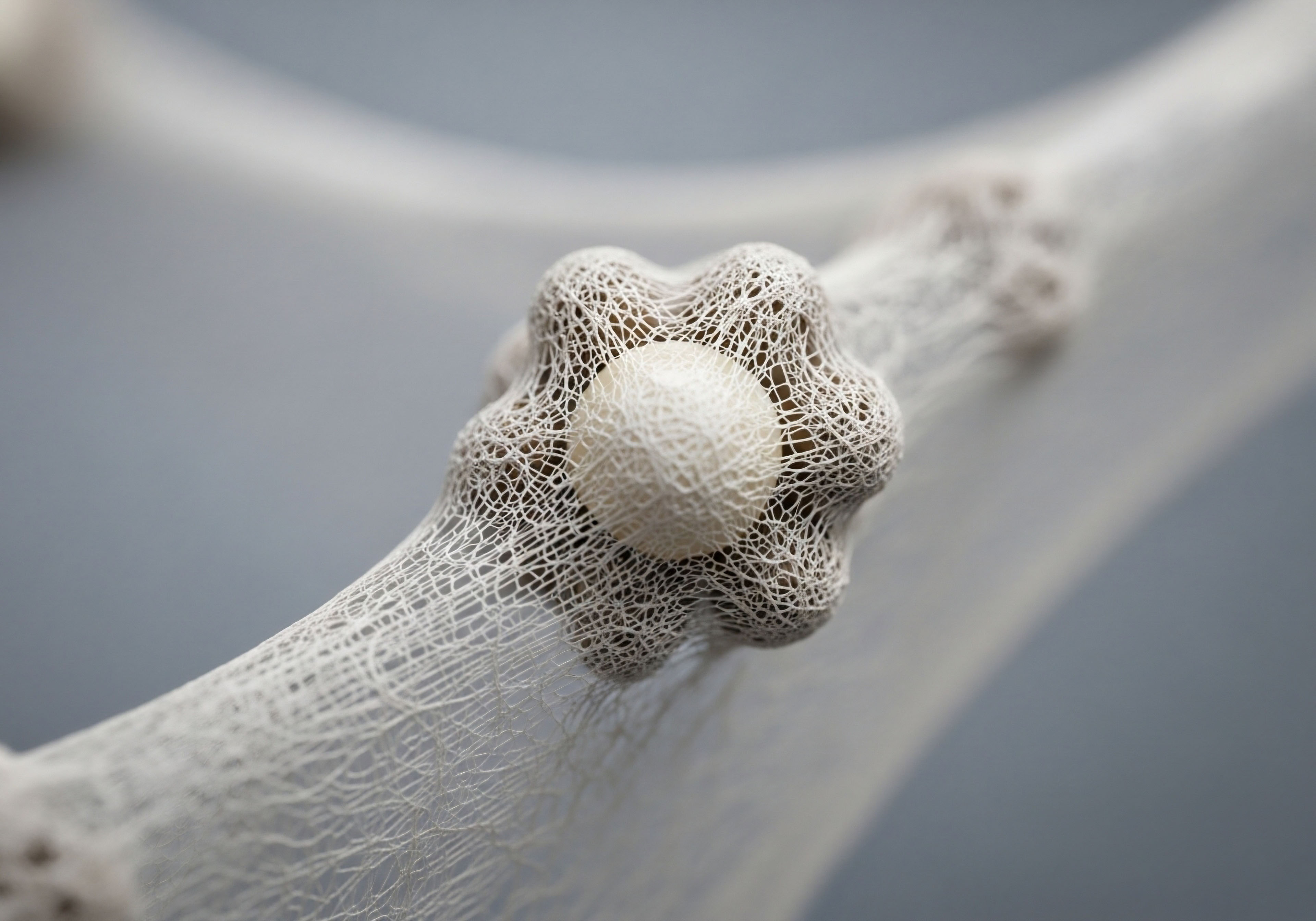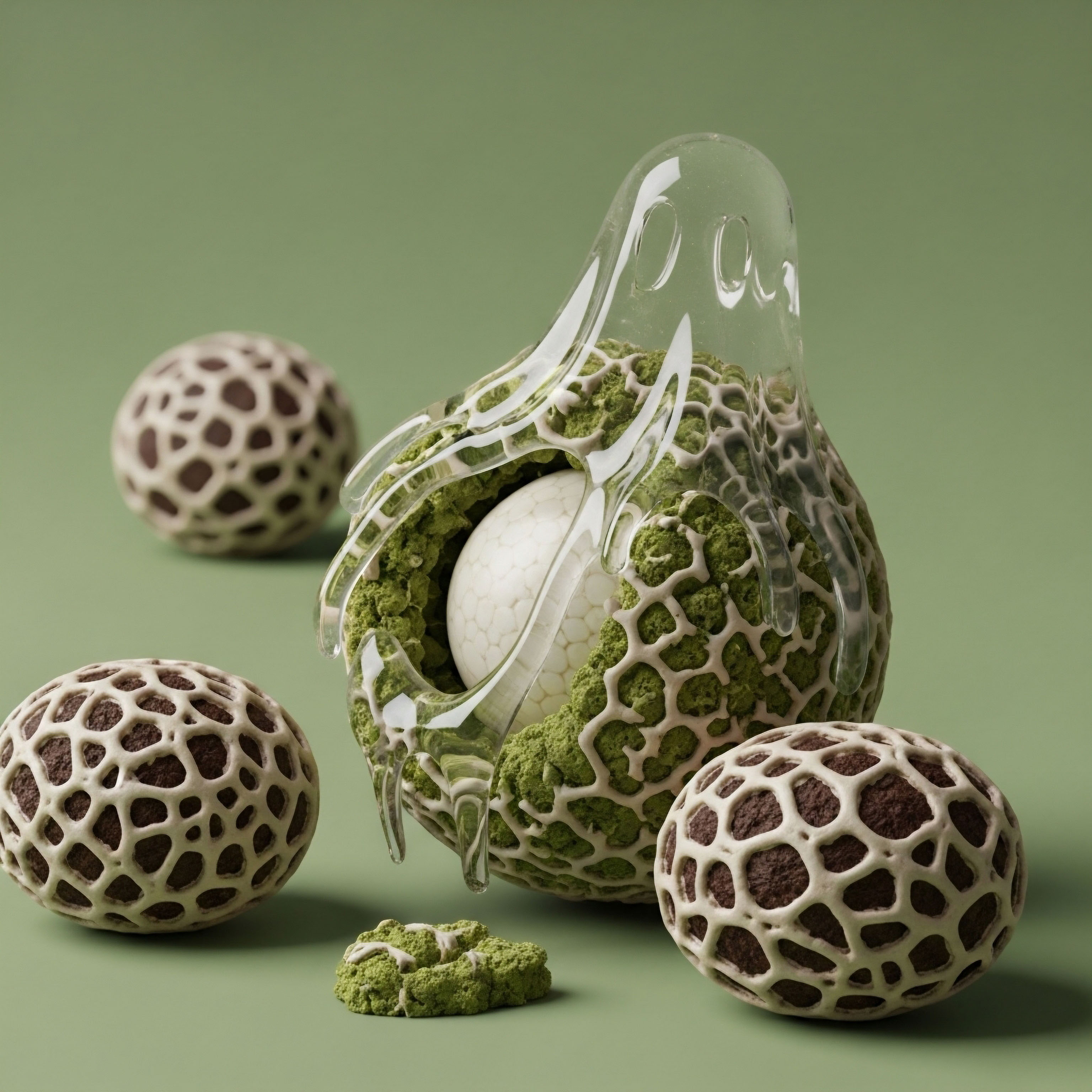

Fundamentals
Understanding your body’s hormonal signals is the first step toward reclaiming your vitality. When we discuss hormone use, we are entering a conversation about biological optimization and medical necessity. In China, the line between a therapeutic tool and a forbidden substance is drawn by a clear, state-mandated framework.
Your personal journey with hormonal health is deeply respected, and the regulations in place are designed to create a safe, controlled environment for medical treatment. The system is built on the principle of intention. A hormone is considered a legitimate medical intervention when prescribed by a licensed physician to correct a diagnosed deficiency or treat a specific condition. This is the foundational concept that separates therapeutic application from other forms of use.
The central authority governing this distinction is the National Medical Products Administration (NMPA). This body is responsible for the entire lifecycle of a drug, from development and approval to post-market supervision. Think of the NMPA as the gatekeeper of therapeutic safety.
For a hormone to be used as a prescribed treatment ∞ for conditions like low testosterone in men or for managing perimenopausal symptoms in women ∞ it must first be approved by the NMPA and then prescribed by a qualified doctor. This pathway ensures that the substance you receive is pure, correctly dosed, and medically appropriate for your specific biological needs. The prescription itself is the legal and ethical instrument that validates the use of the hormone as a tool for wellness.
The core distinction rests on whether a hormone is obtained through a valid medical prescription for a diagnosed condition or acquired outside of this formal system.
Illicit hormone use, by contrast, occurs entirely outside of this medical structure. It involves acquiring and using these powerful biological messengers without a physician’s diagnosis, prescription, or oversight. This can include obtaining substances from unregulated online sources or other non-official channels. The primary concern here is safety.
Without medical guidance, you have no way of verifying the substance’s identity, purity, or dosage, introducing significant risks to your health. Furthermore, using hormones without a diagnosed need can disrupt your body’s delicate endocrine balance. The regulations, therefore, are not abstract rules; they are a protective barrier, ensuring that hormonal interventions support your health journey rather than compromise it.
A separate but related dimension involves the world of competitive sports. Here, the China Anti-Doping Agency (CHINADA) maintains a strict set of rules aligned with global standards. This system is designed to ensure a level playing field. Many hormones that have legitimate medical applications, such as testosterone and certain growth hormone peptides, are included on the Prohibited List for athletes.
In this context, “illicit” means using a prohibited substance to gain an unfair competitive advantage, even if that substance could be legally prescribed for a medical issue. This introduces the concept of a Therapeutic Use Exemption (TUE), where an athlete can apply to use a banned substance if they have a documented medical need. This dual system highlights how the context and purpose of hormone use are central to its legal and ethical standing in China.


Intermediate
To truly grasp the differentiation between prescribed and illicit hormone use in China, we must examine the two primary regulatory systems that operate in parallel The Medical Health System and the Sports Anti-Doping System. Each has its own distinct objectives, authorities, and definitions of what constitutes legitimate use. Understanding their interplay reveals a sophisticated approach to managing these potent biochemical agents.
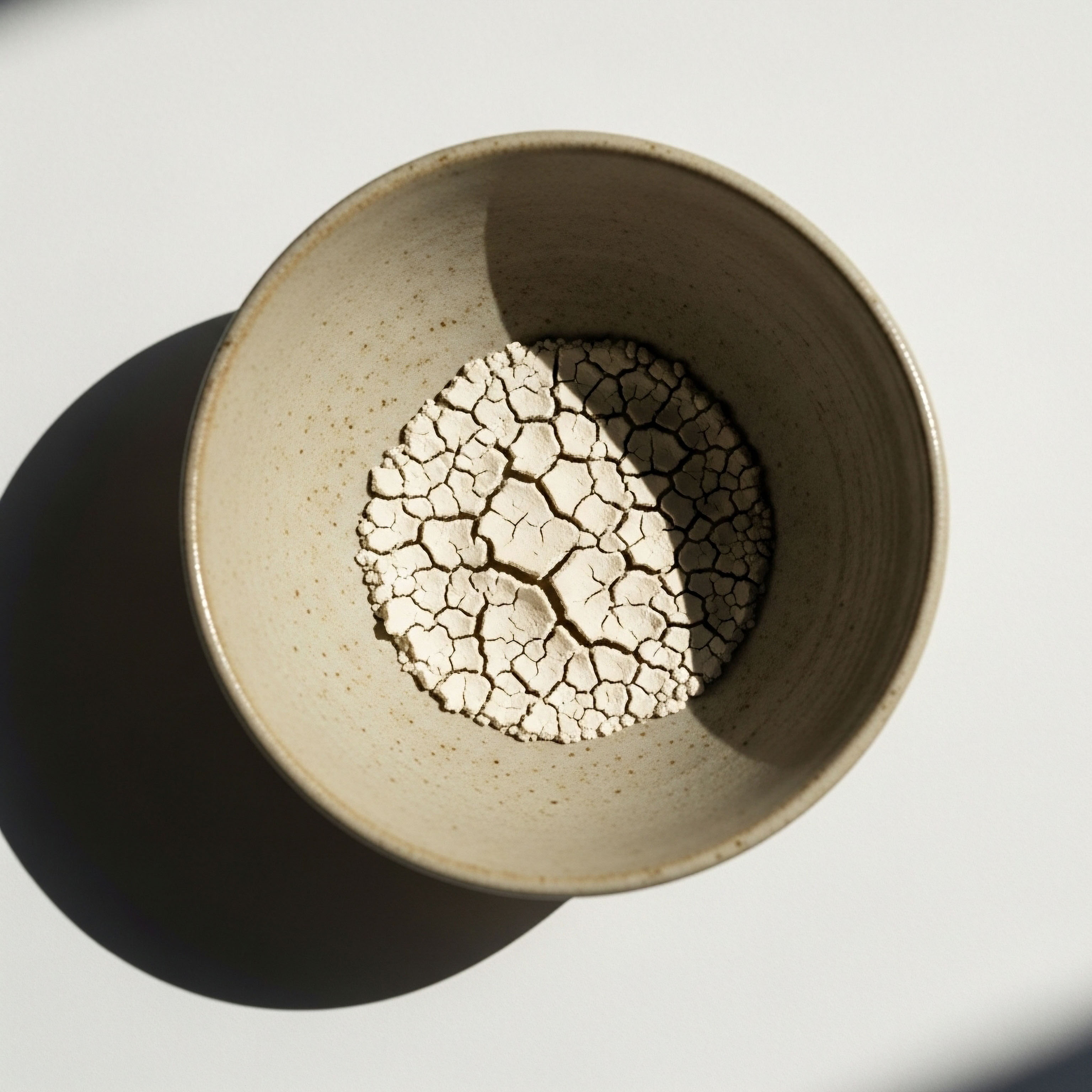
The Medical Health System Governed by the NMPA
The medical use of hormones is governed by the Drug Administration Law of the People’s Republic of China. Under this law, hormones used for therapeutic purposes, such as Testosterone Cypionate for andropause or estradiol for post-menopausal symptoms, are classified as prescription drugs. This classification is critical. It means these substances cannot be legally purchased over the counter. The entire process is designed around the patient-physician relationship to ensure safety and efficacy.
The prescribed pathway follows a clear, regulated sequence:
- Diagnosis A patient presents with symptoms. A physician conducts a thorough evaluation, including laboratory tests to measure hormone levels, to arrive at a specific diagnosis, such as primary hypogonadism or menopausal hormone deficiency.
- Prescription Based on the diagnosis, the physician writes a prescription for an NMPA-approved hormonal product. This prescription specifies the exact substance, dosage, and administration protocol, tailored to the individual’s unique physiology.
- Dispensing The patient obtains the hormone from a licensed pharmacy or medical institution. This ensures the product is authentic and has been stored correctly.
- Monitoring The patient undergoes regular follow-up appointments to monitor treatment effectiveness, check relevant biomarkers, and manage any potential side effects. This is a crucial part of responsible hormonal optimization.
Illicit use in this context is any deviation from this path. It includes purchasing hormones from unverified online sellers, using them without a medical diagnosis, or administering them without professional guidance. The risks are substantial, ranging from contaminated products to severe disruption of the endocrine system.
China’s regulations create two distinct pathways for hormone control one for public health and one for sporting integrity.

The Sports Anti-Doping System Governed by CHINADA
The second system is managed by the China Anti-Doping Agency (CHINADA) and operates under the World Anti-Doping Code. Its purpose is to uphold the integrity of sport. Many substances used in hormonal optimization protocols are on WADA’s Prohibited List because of their potential to enhance performance.
This creates a unique regulatory environment for athletes. A substance is considered “illicit” or a prohibited substance if it is on this list and used by an athlete without a specific exemption. The key differentiator here is not medical legitimacy alone, but the context of athletic competition.
The table below outlines the core differences between the two systems.
| Regulatory Aspect | Prescribed Medical Use (NMPA) | Illicit Use (Anti-Doping Context – CHINADA) |
|---|---|---|
| Governing Body | National Medical Products Administration (NMPA) | China Anti-Doping Agency (CHINADA) & WADA |
| Primary Law | Drug Administration Law of the PRC | Anti-Doping Rules & World Anti-Doping Code |
| Core Principle | To treat a diagnosed medical condition safely. | To prevent unfair advantages in sport. |
| Legitimacy Marker | Valid prescription from a licensed physician. | Absence from the Prohibited List or a valid Therapeutic Use Exemption (TUE). |
| Example Scenario | A 55-year-old man is prescribed testosterone for diagnosed hypogonadism. | A competitive cyclist uses testosterone to improve performance without a TUE. |

What If an Athlete Has a Medical Need?
This is where the concept of a Therapeutic Use Exemption (TUE) becomes essential. If an athlete has a legitimate medical condition that requires treatment with a substance on the Prohibited List, they can apply for a TUE.
A committee of medical experts reviews the application to verify the diagnosis and ensure the prescribed dosage does not provide a significant performance-enhancing effect beyond returning the athlete to a normal state of health. If approved, the athlete can use the substance legally within the bounds of both medical and anti-doping regulations. This mechanism harmonizes the two systems, allowing for necessary medical care while protecting the spirit of sport.
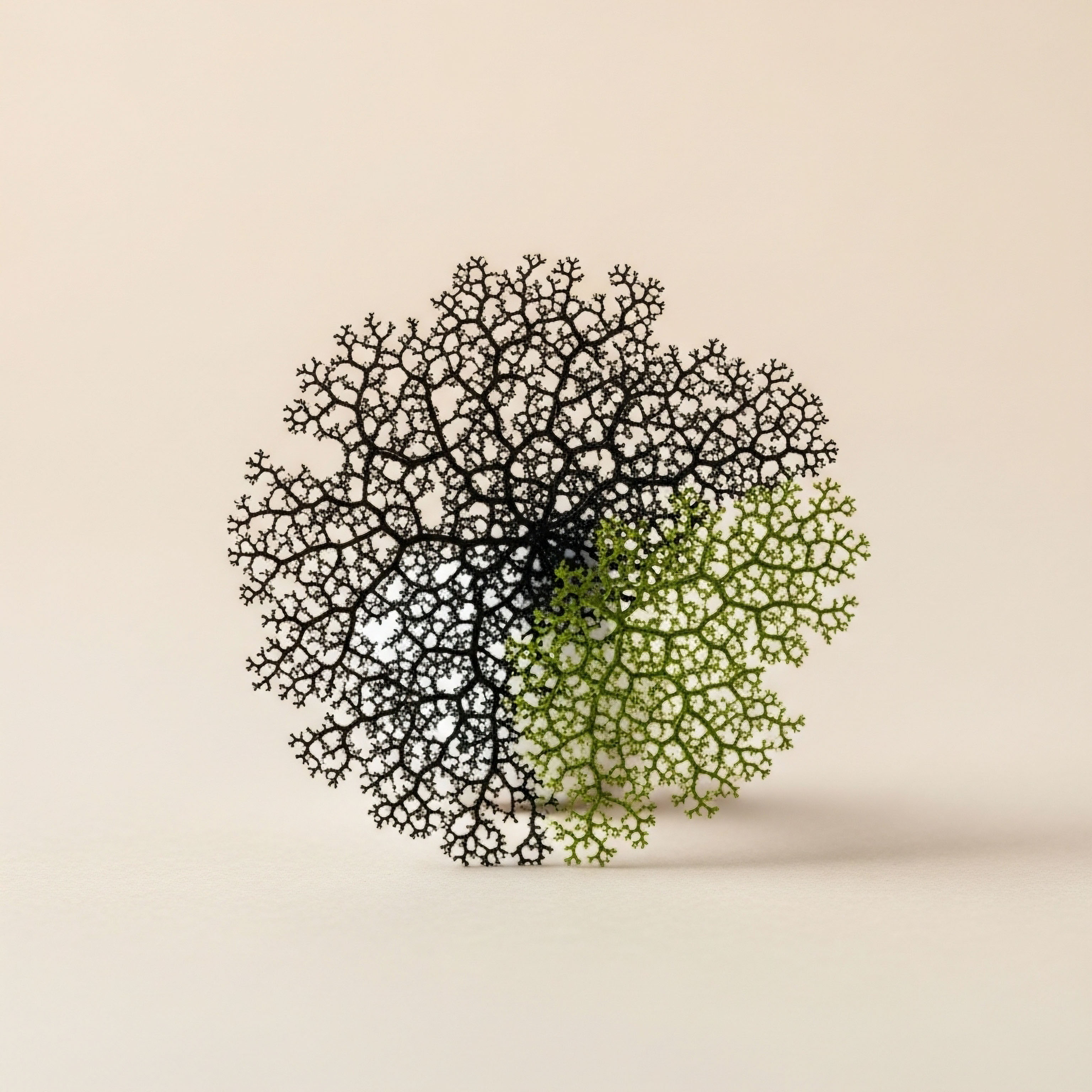

Academic
A deeper analysis of China’s regulatory approach to hormones reveals a sophisticated legal and administrative architecture designed to manage the dual nature of these substances as both vital medicines and potential agents of illicit activity.
The differentiation between prescribed and illicit use is not merely a matter of policy but is embedded in the country’s foundational legal frameworks, including the Drug Administration Law and, more recently, its Criminal Law. The system’s effectiveness hinges on the precise legal definitions of “drug,” “prescription,” and “doping,” and the state’s ability to enforce these distinctions across complex supply chains.

Legislative and Enforcement Architecture
The cornerstone of control is the Drug Administration Law, which mandates that drugs marketed in China must receive an approval license from the NMPA. Hormones intended for therapeutic use fall squarely under this definition. The law establishes a clear chain of custody from manufacturer to patient, with the physician’s prescription acting as the legal pivot.
Any break in this chain ∞ such as the sale of hormones without a prescription or by an unlicensed entity ∞ constitutes an illegal act. The law grants regulatory bodies the authority to take action, including imposing fines and revoking licenses.
However, the most significant recent development has been the extension of anti-doping controls into the realm of criminal law. The Amendment (XI) to the Criminal Law of the People’s Republic of China and judicial interpretations from the Supreme People’s Court have created specific criminal offenses related to stimulants.
This move elevates certain illicit hormone-related activities from administrative violations to serious crimes. These laws target not just the athletes who use banned substances, but also the networks that produce and distribute them. This criminalization demonstrates a state-level commitment to severing the link between legitimate pharmaceutical production and the illicit market for performance-enhancing drugs.
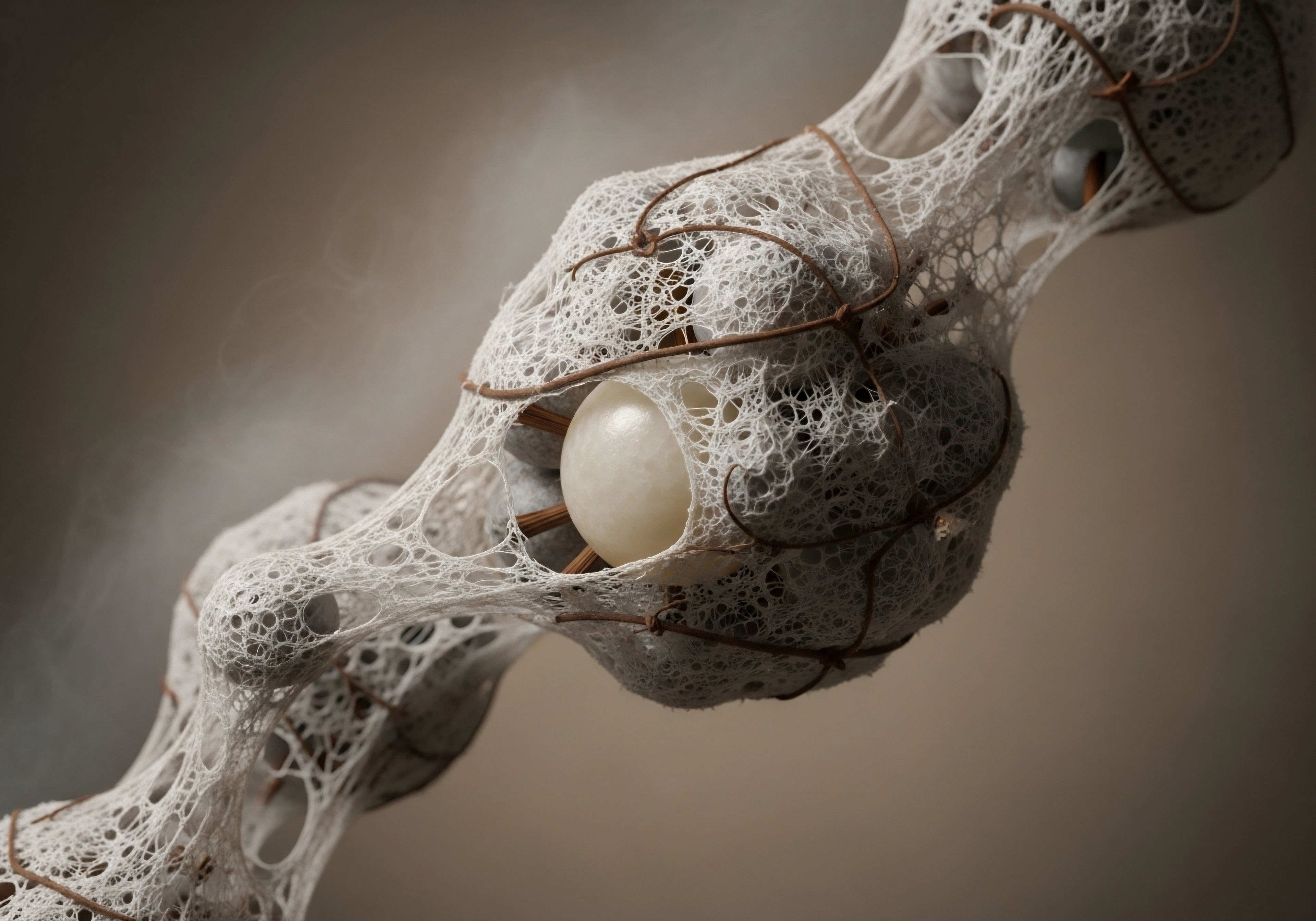
How Does China Regulate Anabolic Steroids Specifically?
Anabolic-androgenic steroids (AAS) are a particularly challenging class of hormones to regulate. Medically, they have legitimate, albeit limited, applications. For performance enhancement, their use is widespread. In China, anabolic steroids are classified as prescription drugs. This means their legal acquisition requires a doctor’s prescription for a valid medical purpose.
Possession for personal use without a prescription exists in a legal gray area, but large-scale distribution is unequivocally illegal. The government has actively worked to dismantle illegal manufacturing and supply operations, often in cooperation with international bodies like the World Anti-Doping Agency and INTERPOL. This signals a focus on targeting the supply side of the illicit market.
The legal status of a hormone in China is determined by its intended use, which is codified through either a medical prescription or its inclusion on the anti-doping prohibited list.
The table below breaks down the specific legal and regulatory instruments that differentiate prescribed and illicit use.
| Regulatory Instrument | Focus Area | Definition of “Illicit Use” | Enforcement Body |
|---|---|---|---|
| Drug Administration Law of the PRC | Public Health & Medical Safety | Acquisition, sale, or use of a prescription drug (including hormones) without a valid prescription from a licensed physician. | NMPA, Local Market Regulation Bureaus |
| Anti-Doping Regulations & Rules | Sporting Integrity | Use, possession, or trafficking of a substance on the WADA/CHINADA Prohibited List by an athlete or athlete support personnel without a TUE. | China Anti-Doping Agency (CHINADA) |
| Criminal Law of the PRC (Amendment XI) | Serious Doping Offenses | Smuggling, illegal operation, or coercing/assisting athletes to use stimulants, constituting a criminal act. | Public Security Organs (Police), Procuratorate, Courts |
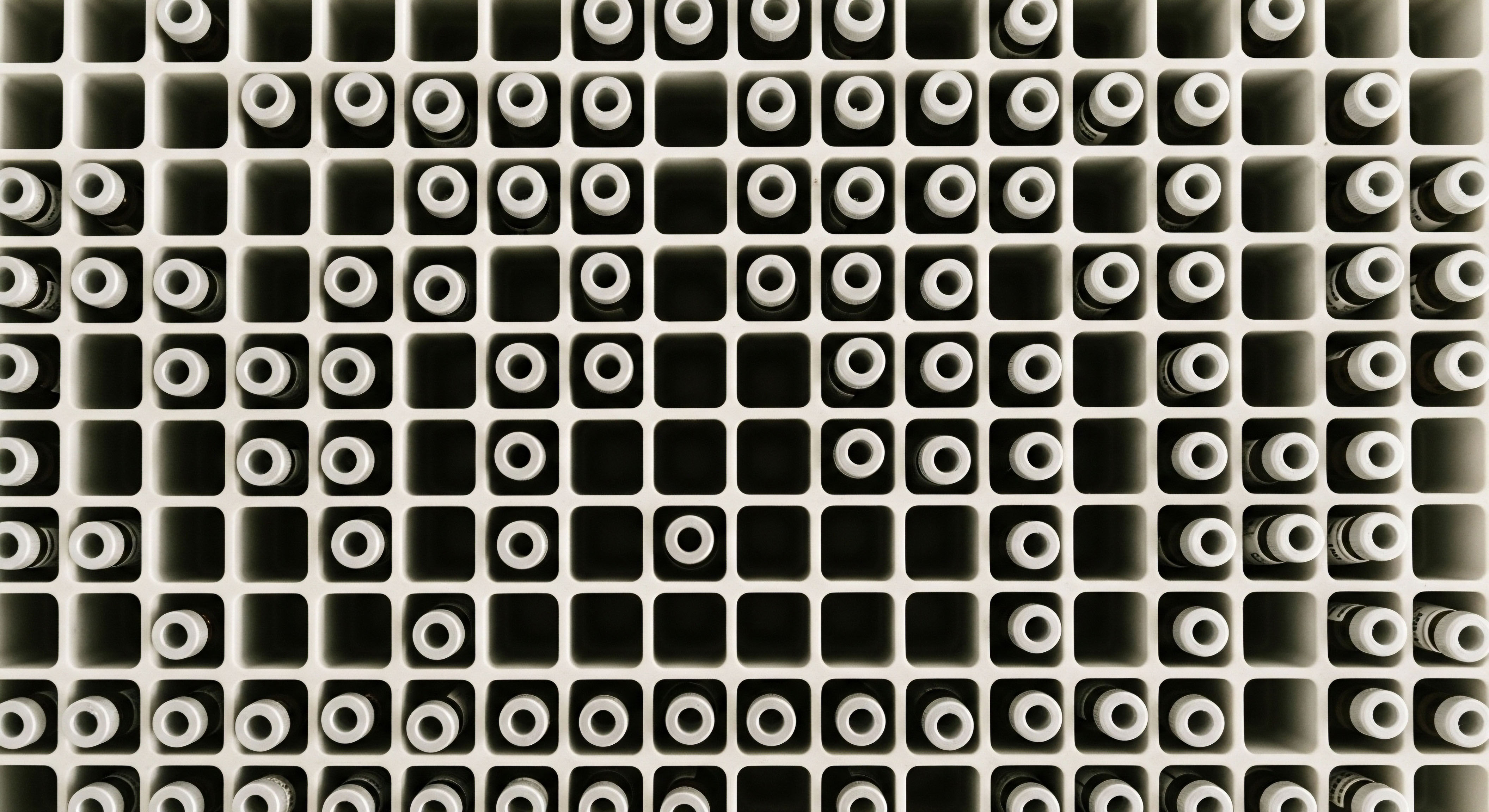
The Challenge of Raw Material Production
A significant complexity in China’s regulatory landscape is its role as a global leader in the production of active pharmaceutical ingredients (APIs), the raw materials used to make finished drugs. This includes precursors for various hormones. While the production and export of APIs are regulated, the sheer volume of manufacturing creates opportunities for diversion into illicit channels.
Operation Gear Grinder, a major international investigation, highlighted how Chinese companies were a source of raw materials for illegal steroid production networks. In response, China has strengthened its oversight and entered into agreements with WADA to share intelligence and crack down on illegal producers and exporters, demonstrating a commitment to addressing this systemic challenge. This focus on the source of the materials is a key part of the strategy to differentiate and control the licit and illicit streams.

References
- National People’s Congress. “Drug Administration Law of the People’s Republic of China (2019 Revision).” 26 Aug. 2019.
- State Council of the People’s Republic of China. “Anti-Doping Regulations.” 2004.
- General Administration of Sport of China. “Measures for Anti-Doping Administration.”
- World Anti-Doping Agency. “The World Anti-Doping Code.” 2021.
- China Anti-Doping Agency. “Prohibited List.” Published Annually.
- LawInSport. “China’s Anti-Doping Laws & Regulations ∞ An Overview In 2023.” 20 Jan. 2023.
- National Medical Products Administration. “Regulations on the Supervision and Administration of Medical Devices.” 2021.
- Supreme People’s Court of the People’s Republic of China. “Interpretation on Several Issues concerning the Application of Law in the Trial of Criminal Cases of Smuggling, Illegal Operation, and Illegal Use of Stimulants.”

Reflection
You have now seen the intricate framework that governs hormonal health within China, a system built upon the foundational principle of intent. The journey into understanding your own biology is profoundly personal, yet it occurs within a broader context of safety, ethics, and law.
The regulations are not barriers; they are guideposts, designed to ensure that the powerful tools of modern endocrinology are used to heal, restore, and optimize, never to harm. As you move forward, consider how this knowledge reshapes your perspective.
The critical distinction between a prescribed therapy and an illicit substance lies not in the molecule itself, but in the purpose for which it is used and the professional guidance that directs its application. This understanding is the first, most crucial step on a path toward proactive and informed stewardship of your own well-being.

Glossary

national medical products administration
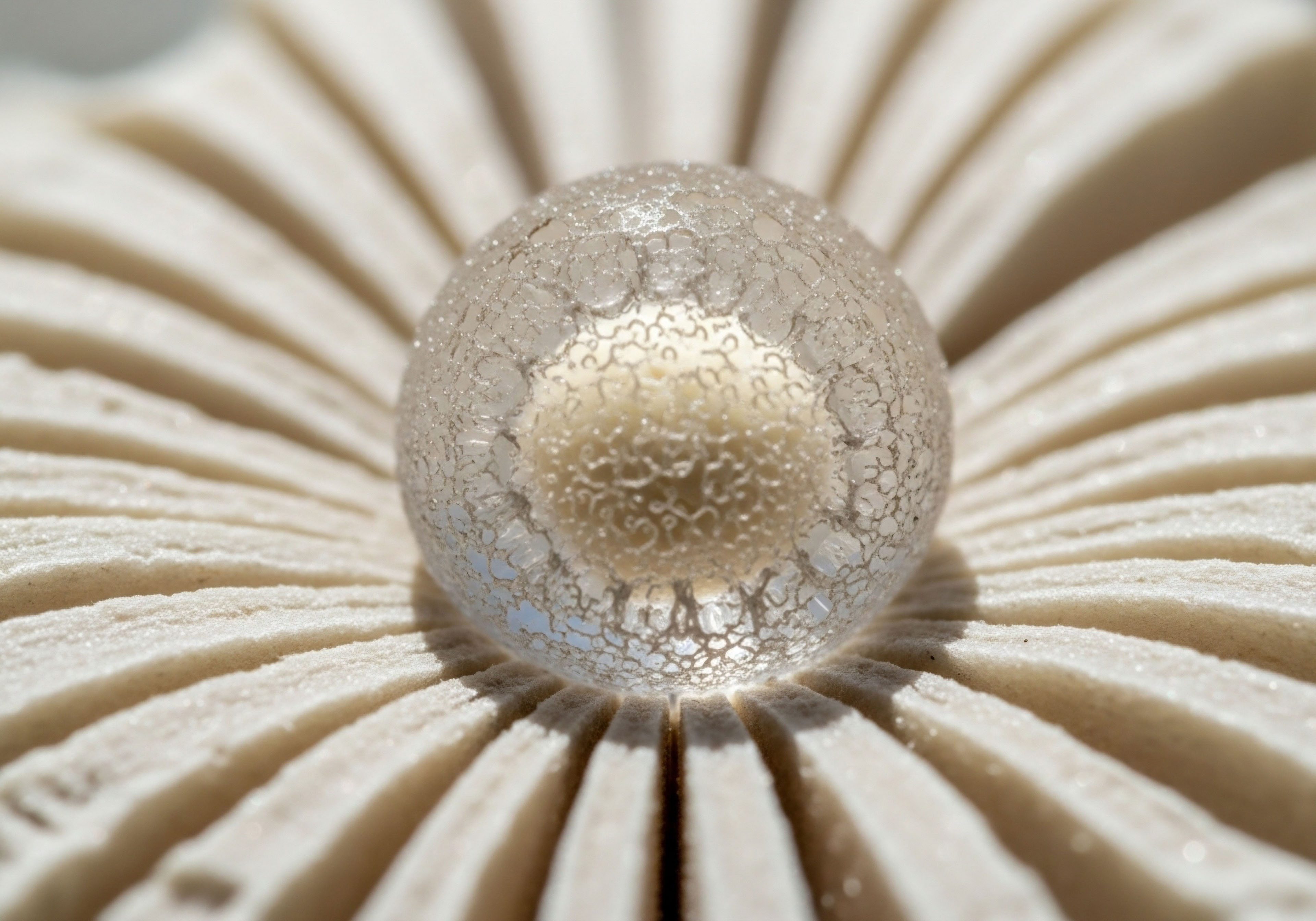
nmpa
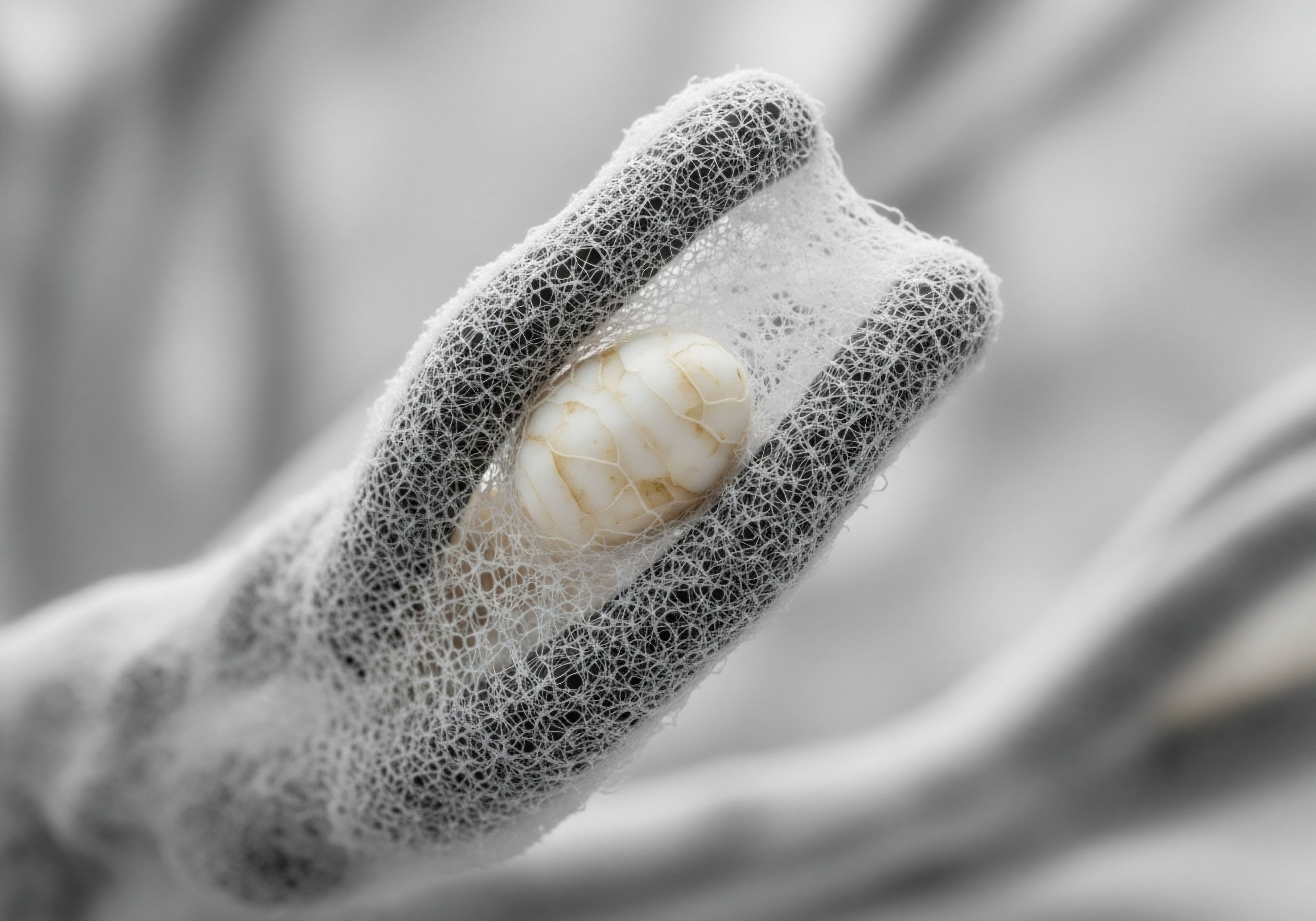
china anti-doping agency

prohibited list

therapeutic use exemption

tue

drug administration law

prescription drugs

hormonal optimization
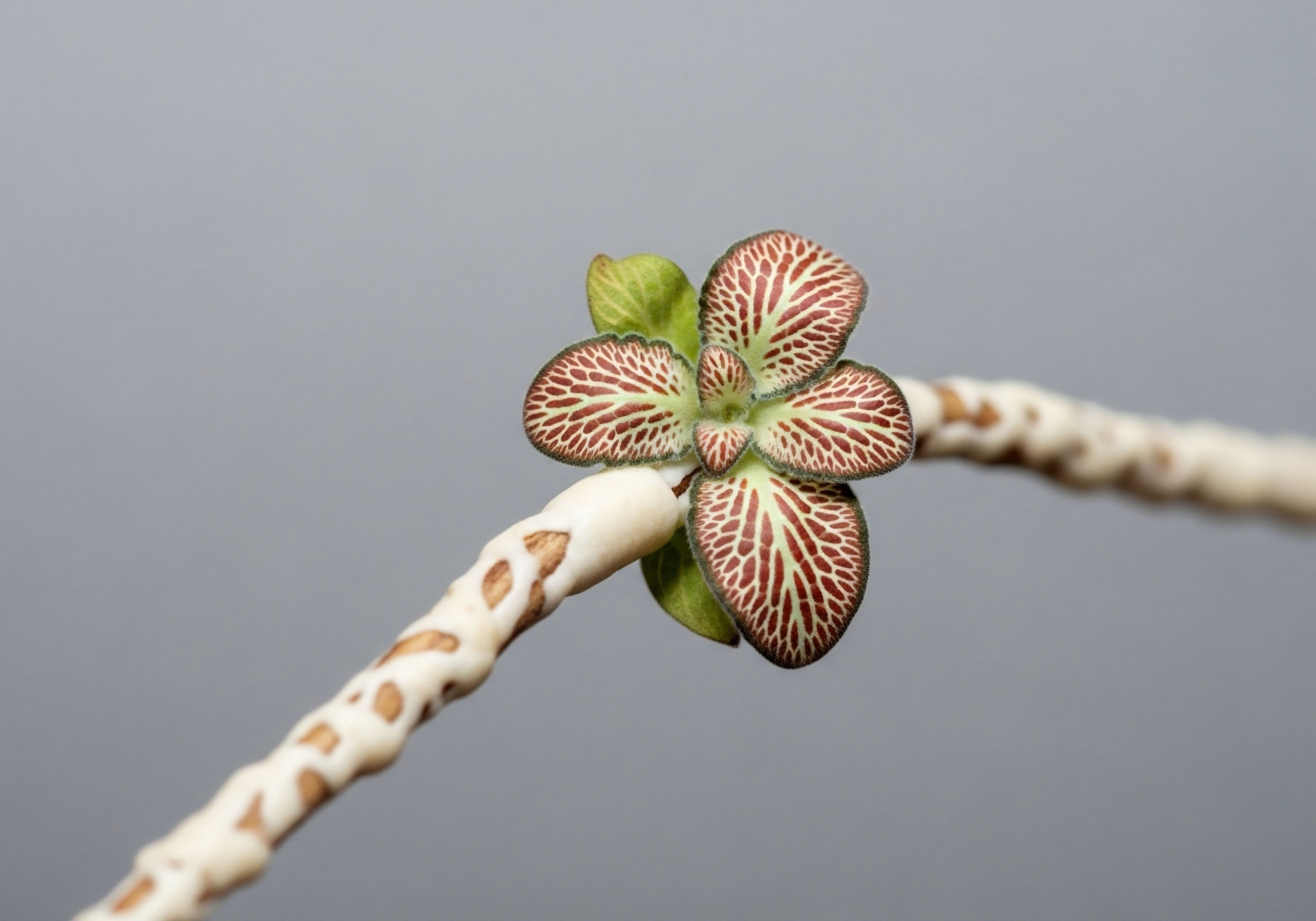
endocrine system
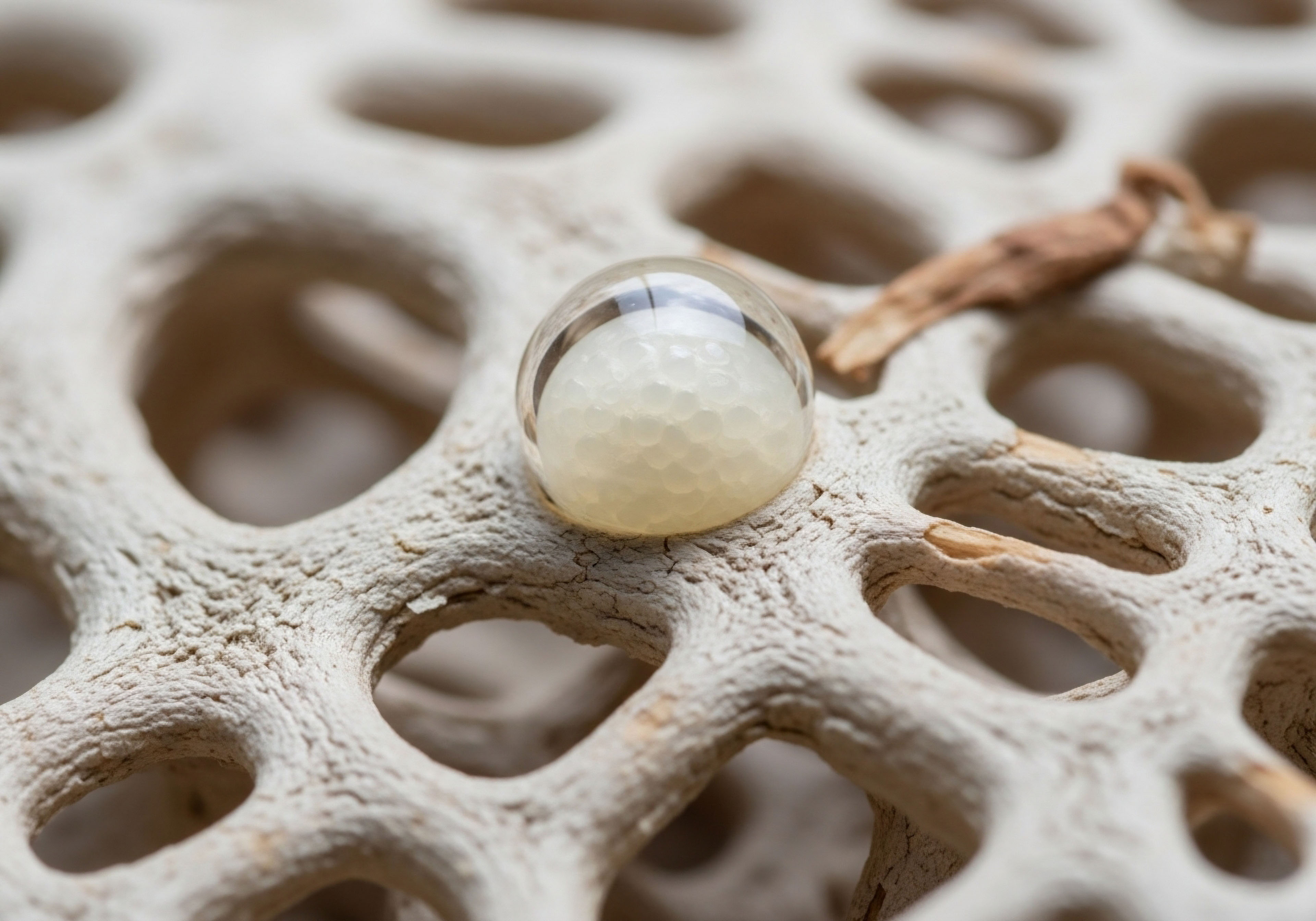
chinada

therapeutic use
